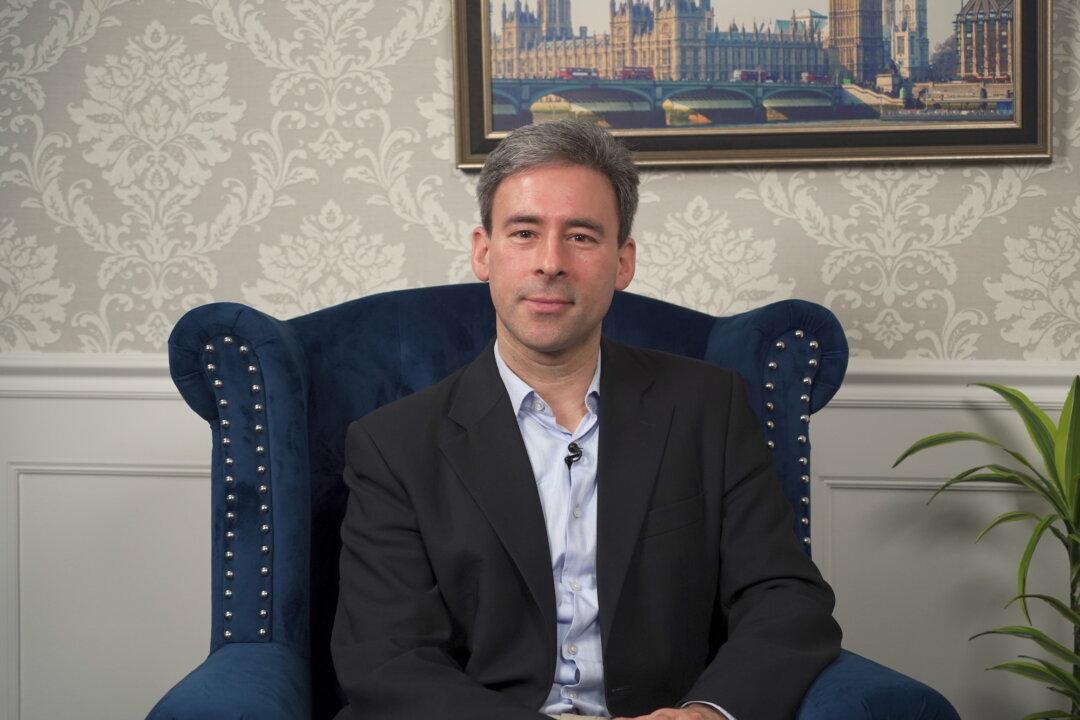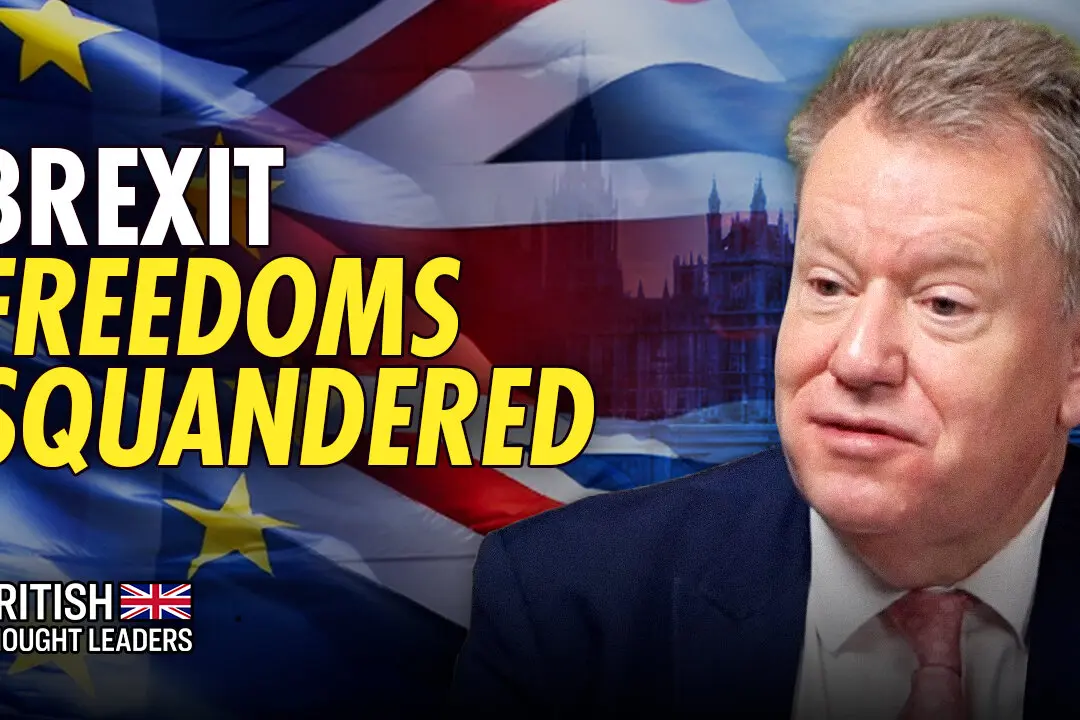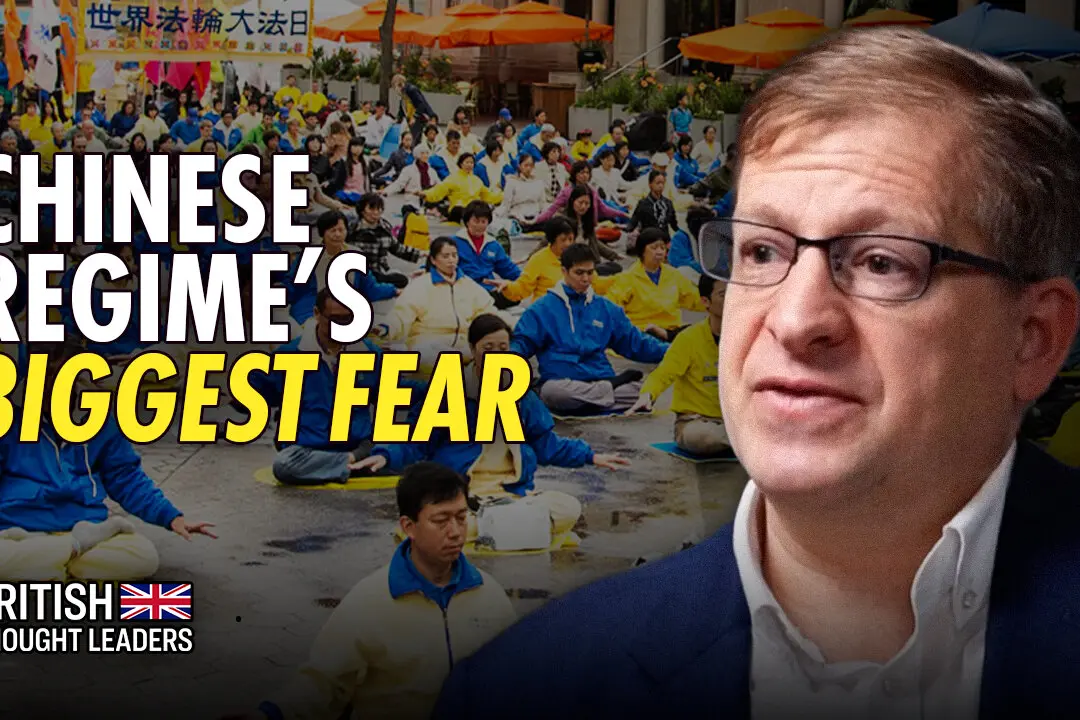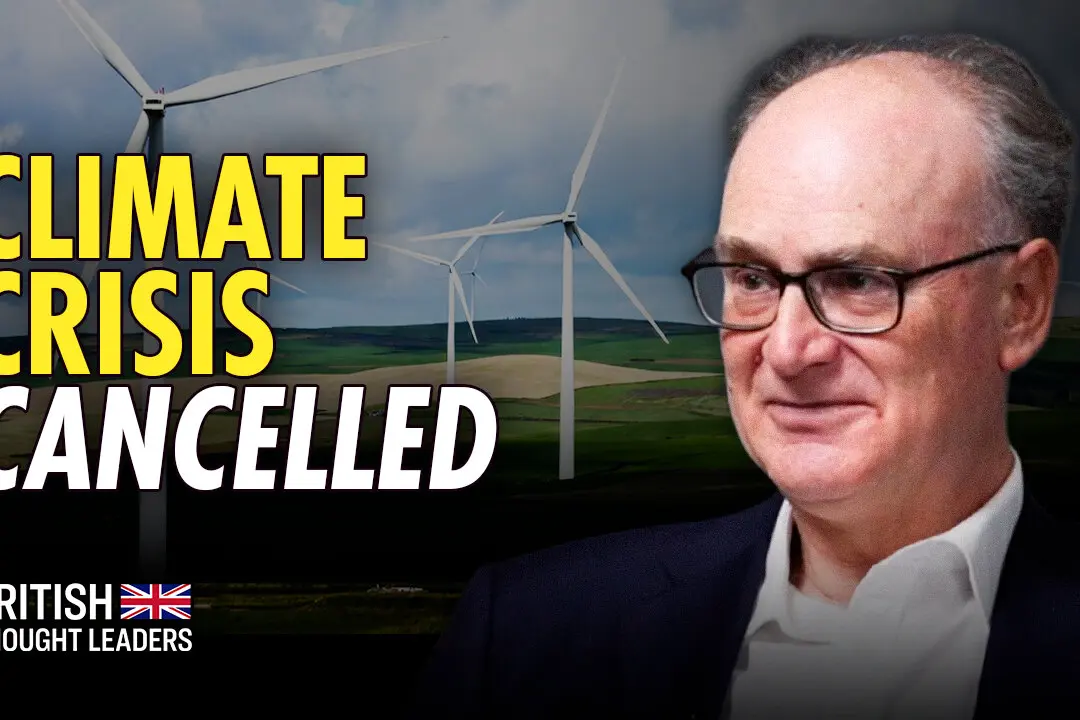The bulk of the population needs to “wake up to the threat of cultural socialism” or face an Orwellian future where people could be sent to jail for refusing to accept the “dominant narrative” on issues like gender, according to a leading political scientist.
Eric Kaufmann, professor of politics at Birkbeck College, University of London, said young people were “in the vanguard” of cancel culture and he added, “It is often the case that young people and students—[in] the Cultural Revolution in China, we saw that as well—tend to be the most taken in by utopian, unrealistic movements.”






